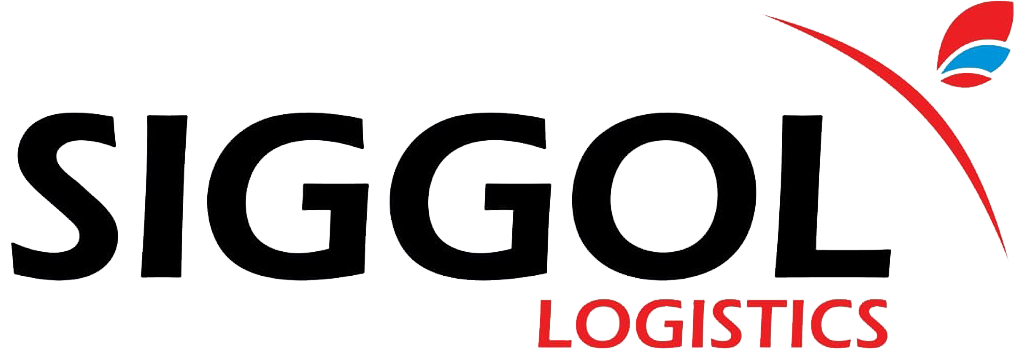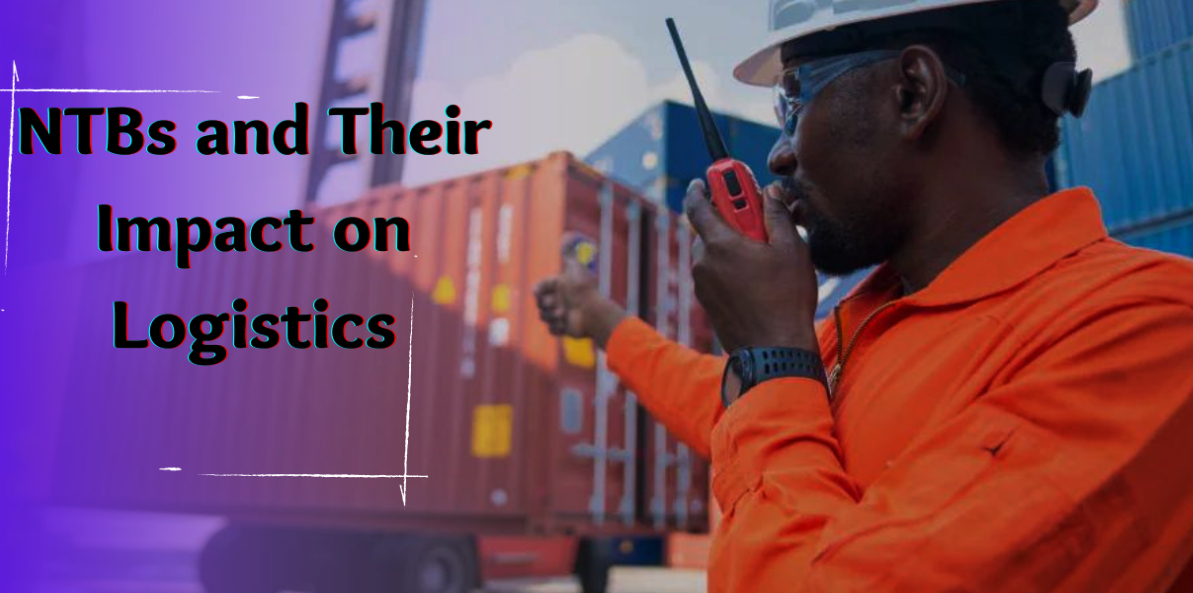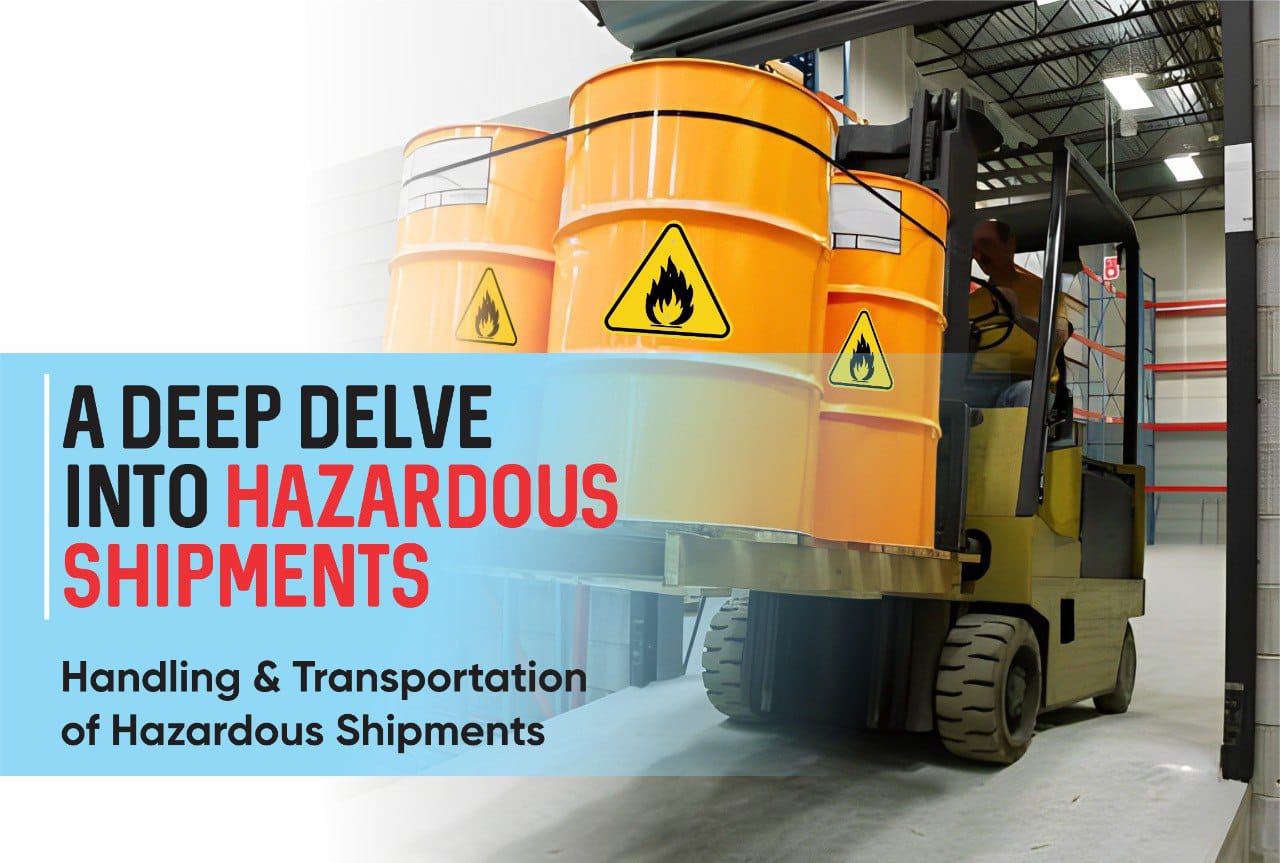- 1st February 2023
Non-tariff barriers (NTBs) are a huge stumbling block to trade in East Africa. What are NTBs, you may ask? NTBs are obstacles to trade that are not in the form of tariffs, such as licenses, quotas, embargoes, sanctions, regulations, and voluntary export restraints.
In East Africa, NTBs take many forms, but bureaucratic red tape and lack of standardization are particularly prevalent. Businesses often must navigate a complex web of regulations and procedures to obtain the necessary licenses and permits to trade. Additionally, different countries in the region have different standards and requirements for the goods, which can create additional costs and complications for businesses.
The dearth of harmonizing regulations and standards for the agricultural sector is a major hindrance to trade and logistics. This sector covers a significant pie of the region’s economy, but the lack of standardization hampers it. This makes it difficult for farmers to export their products and for importers to access a wide range of goods hence making it difficult for logistics and supply chain firms to comply with different regulations and standards in different countries, resulting in increased costs and delays.
Another example of NTBs in East Africa is the lack of efficient and reliable transportation infrastructure, attributing to high costs and delays in cargo delivery, particularly in landlocked countries such as Burundi, Rwanda, and Uganda, where shipments have to pass through multiple countries and customs points. Inefficient transportation infrastructure can also result in goods being held up at border crossings, causing delays and increased business costs.
To address these NTBs, governments in East Africa are working together to synchronize regulations and standards and improve transportation infrastructure. Additionally, businesses need to be proactive in understanding the regulations and procedures to comply with trade and be prepared to navigate the complexities of business in the region.
One way to achieve this is through increased regional cooperation and integration. The East African Community (EAC) is a regional intergovernmental organization working towards integrating the region's economies. The EAC has made progress in areas such as cargo movement, but more needs to be done to address NTBs. By working together, regional governments can reduce the costs and delays caused by NTBs, facilitating more significant trade and economic growth.
In addition to regional cooperation, businesses can also play a role in addressing NTBs. They can work with governments and other stakeholders to identify and address NTBs, and they can advocate for policies and regulations that will make it easier to trade and move cargo across different borders. Additionally, businesses can invest in technology and infrastructure to make it easier to comply with regulations and standards and transport goods.
In conclusion, non-tariff barriers are a significant obstacle to trade in East Africa; however, with the cooperation of governments, businesses, and other stakeholders, it is possible to address these barriers and facilitate greater trade and economic growth in the region. By working together, the governments of East Africa can reduce the costs and delays caused by NTBs, and businesses can advocate for policies and regulations that will make it easier to trade. This cooperation allows us to progress towards a more integrated and prosperous East Africa.
We, Siggol Logistics, are at the forefront of implementing these solutions and innovations into our operations process for better service delivery.
Get in touch with us for upskilled and optimized freight forwarding solutions at sales@siggol.com or contact us at +254 726 043 791.
 Send us a chat
Send us a chat 


.png)
f(1)f(1).jpg)
